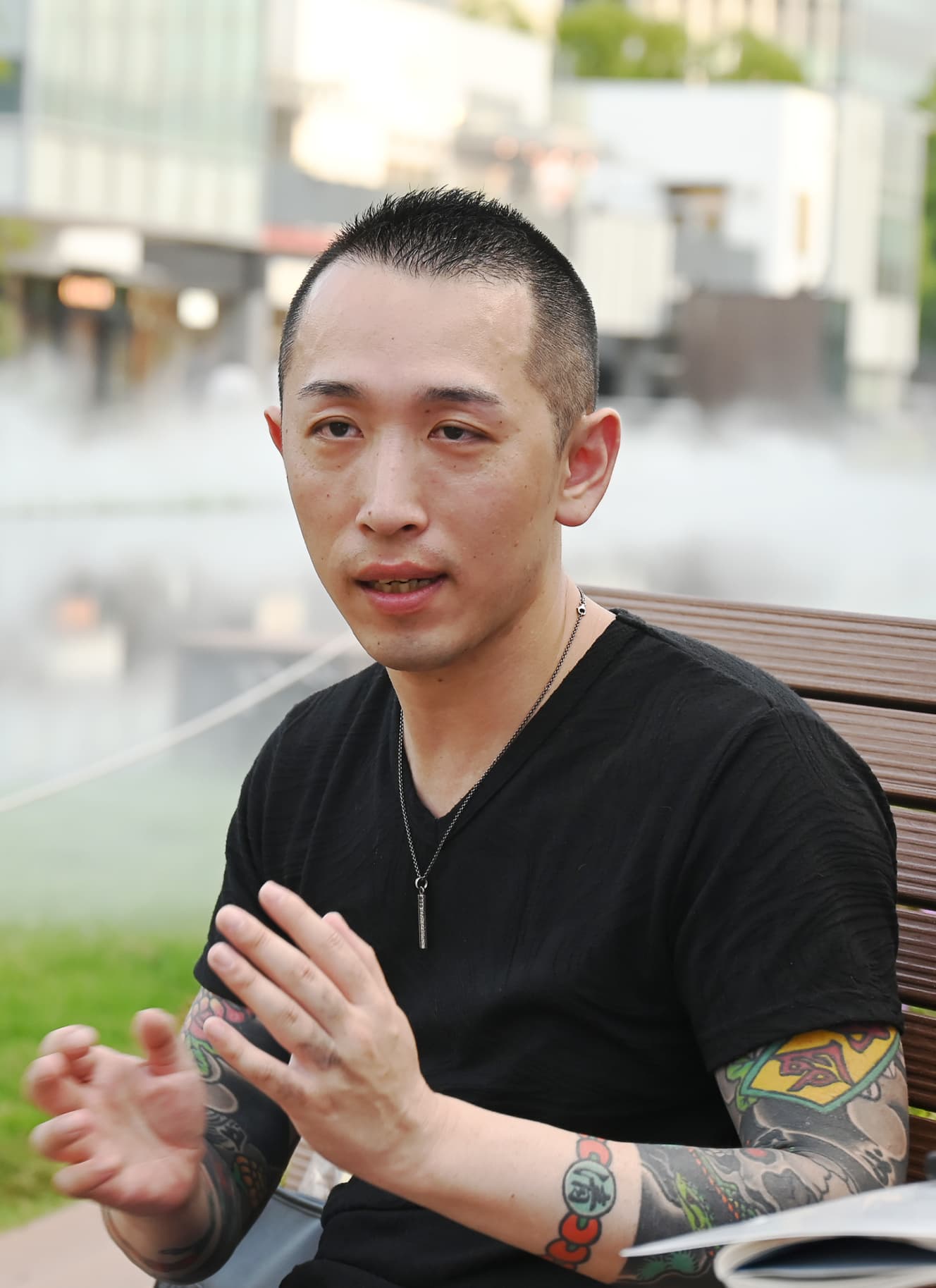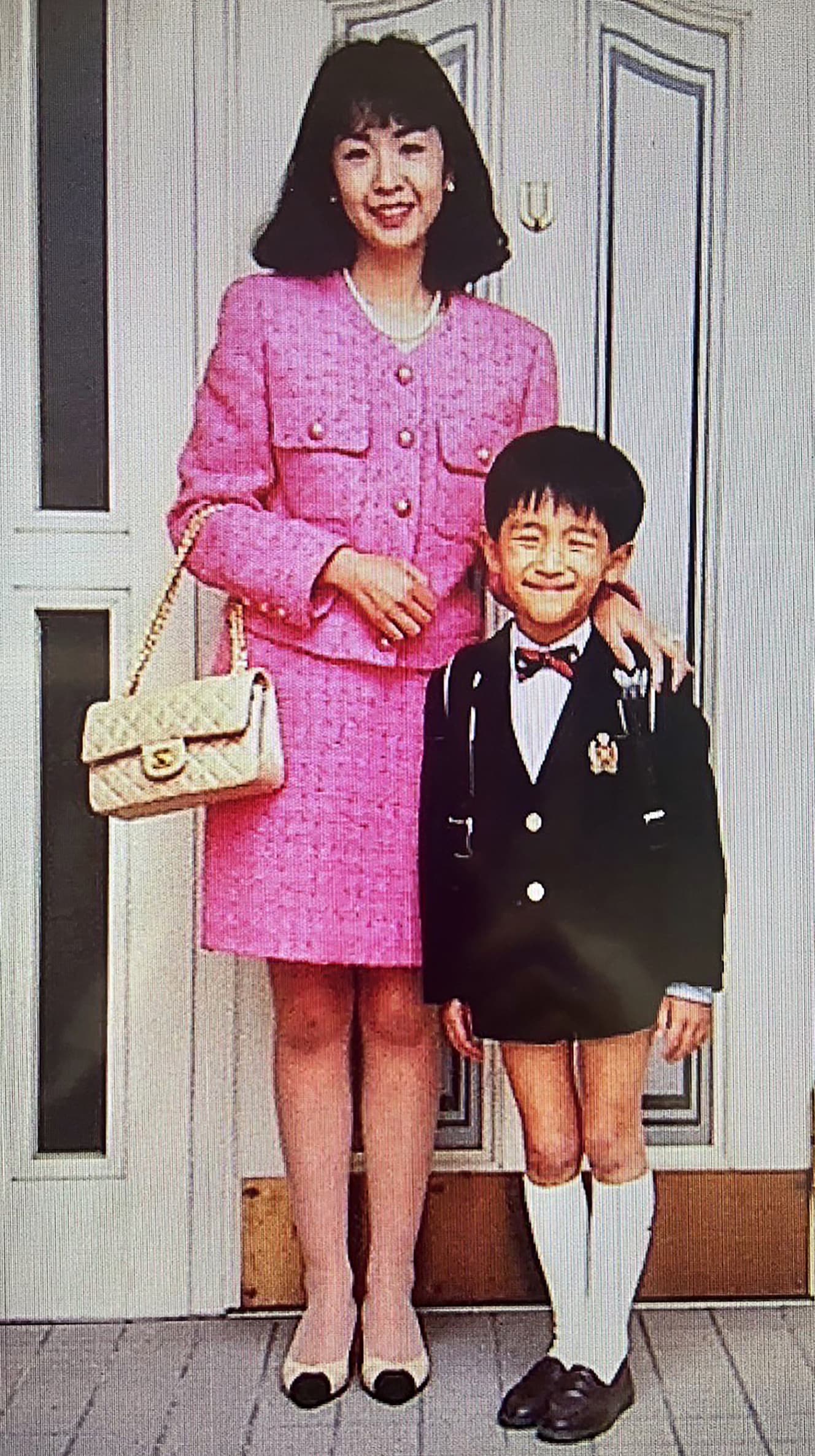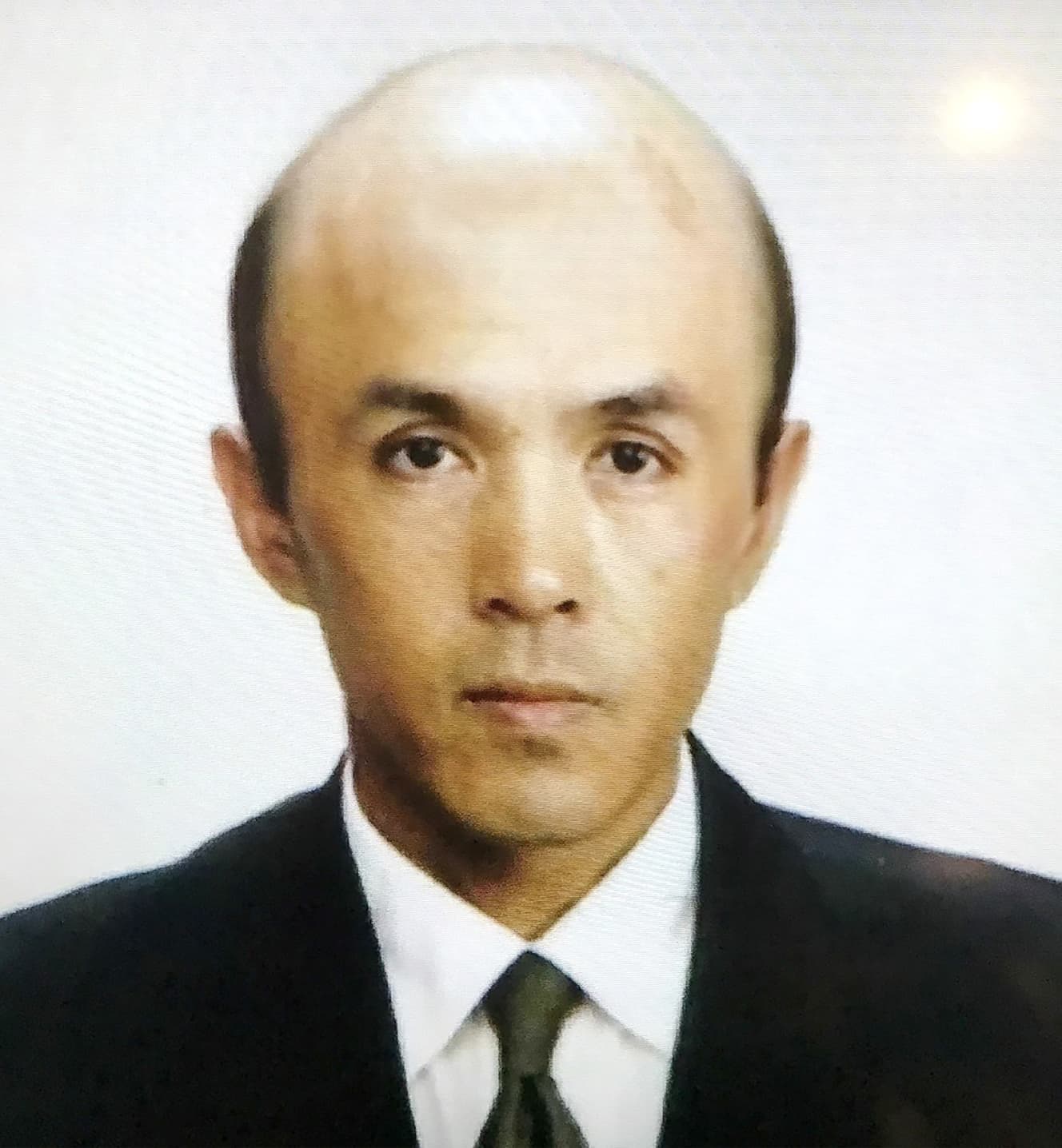Hiroto Oyama, the Son of a Man on Death Row, Talks about His Life in the Hiroshima Serial Insurance Money Murders
Father arrested for murdering his mother and others for insurance money when he was 14 years old.
 Hiroto responds to the interview in a clear, unruffled voice. “I drank alcohol before the interview because I can talk better that way,” he revealed.
Hiroto responds to the interview in a clear, unruffled voice. “I drank alcohol before the interview because I can talk better that way,” he revealed.“It is difficult to express in words how I felt on the day my father was arrested. For a while, I couldn’t think of anything, and there were days when I just kept crying and hitting the floor. From there, I gradually developed hatred for my father, and eventually my anger grew to the point where I wanted to kill him with my own hands.”
Says Hiroto Oyama, 35, son of Kiyotaka Oyama, 62, a prisoner on death row. In October 1998, Kiyotaka hit his adoptive father, aged 66 at the time, on the head with a blunt object and killed him. He faked a traffic accident to obtain approximately 60 million yen in insurance money that had been placed on his adoptive father. In March 2000, he killed his wife, Hiromi (then 38), who was also Hiroto’s mother, for the insurance money. Hiroto began to talk about the day his mother was murdered without hesitation.
“I was in sixth grade at the time, and my mother told me to study for an hour when I got home. Then I ate dinner and took a bath as usual.”
A few hours later, Hiromi was drowned in the bathtub by her husband, who had given her a sleep inducing drug while they were having dinner together. That night, Kiyotaka invited Hiroto, who was sleeping, to join the family of three for a night of fishing, and took him out to Hiroshima Harbor in the wintertime by car. At the time, Hiromi, who was sitting in the passenger seat, had already passed out, but Hiroto thought his mother was drunk and asleep.
“I was fishing away from the car and did not realize that my father had dropped my mother’s body into the sea. For two years, until my father’s arrest, I believed his story that she drowned while fishing at night.”
Hiroto’s father was arrested when he was 14 and he was taken in by relatives. To make himself look as strong as possible and to avoid being the target of bullying, he began to engage in delinquent behavior such as stealing and driving without a license when he entered junior high school. Hiroto says, “When I was doing bad things, I emptied my head and freed myself from the thoughts of my father,” but he also felt lonely within his group of delinquents.
“Everyone was doing the same bad things, but I realized that I was the only one who didn’t have a place where I could rest. The other guys had a home to go back to, a hot meal and a futon to sleep on. I was the only one who didn’t have what everyone else had. I compared myself to those around me, overdosed on cold medicine, and repeatedly attempted suicide.”
Hiroto spent his time delinquent and lonely, and before long he became a central figure in the group. However, he stopped his delinquency once and for all after a comment from his father.
“One time, I was being chased by a motorcycle driver without a license, and I ran into an intersection and was seriously injured,” he says. “I dislocated both arms and received several stitches in my jaw. I went to visit my father at the Hiroshima Detention Center in that condition, and he told me in tears, ‘Please don’t do anything rash.’ At that moment, for the first time since my father’s arrest, I felt affection for him as a parent. I felt that I could give up the feelings of resentment and hatred towards my father. I was able to stop my delinquent behavior and face my family ties in order for me to move forward.”
Although Hiroto now wants his father to “live to atone for his sins,” he still feels guilty about his mother.
“Just before she was killed, she was in the bathroom on the first floor shouting my name, ‘Hiro-kun!’. I was asleep in the bedroom on the second floor at the time and didn’t hear her cry. I felt more guilty for not being able to help my mother than I feel grateful for her raising me. I used to want to kill my father, but now I have forgiven him. Because I have two conflicting feelings toward my father and mother, I am able to keep my mind balanced without being partial to either of them.”
After quitting high school after three days, Hiroto has worked at a butcher store, a pachinko parlor, and other places since he was 17 years old, but has been fired many times because of his background. In July of this year, he began working as a boy at a brothel in Nagoya under the supervision of an understanding man, and for the first time in 17 years, he had a girlfriend.
“I feel that after more than 20 years, I have finally been able to experience the happiness that I could never have before.”
With mixed feelings toward his father and mother, Hiroto is gradually regaining his normal life.


From the October 6, 2023 issue of FRIDAY
PHOTO: Masahiro Kawayanagi